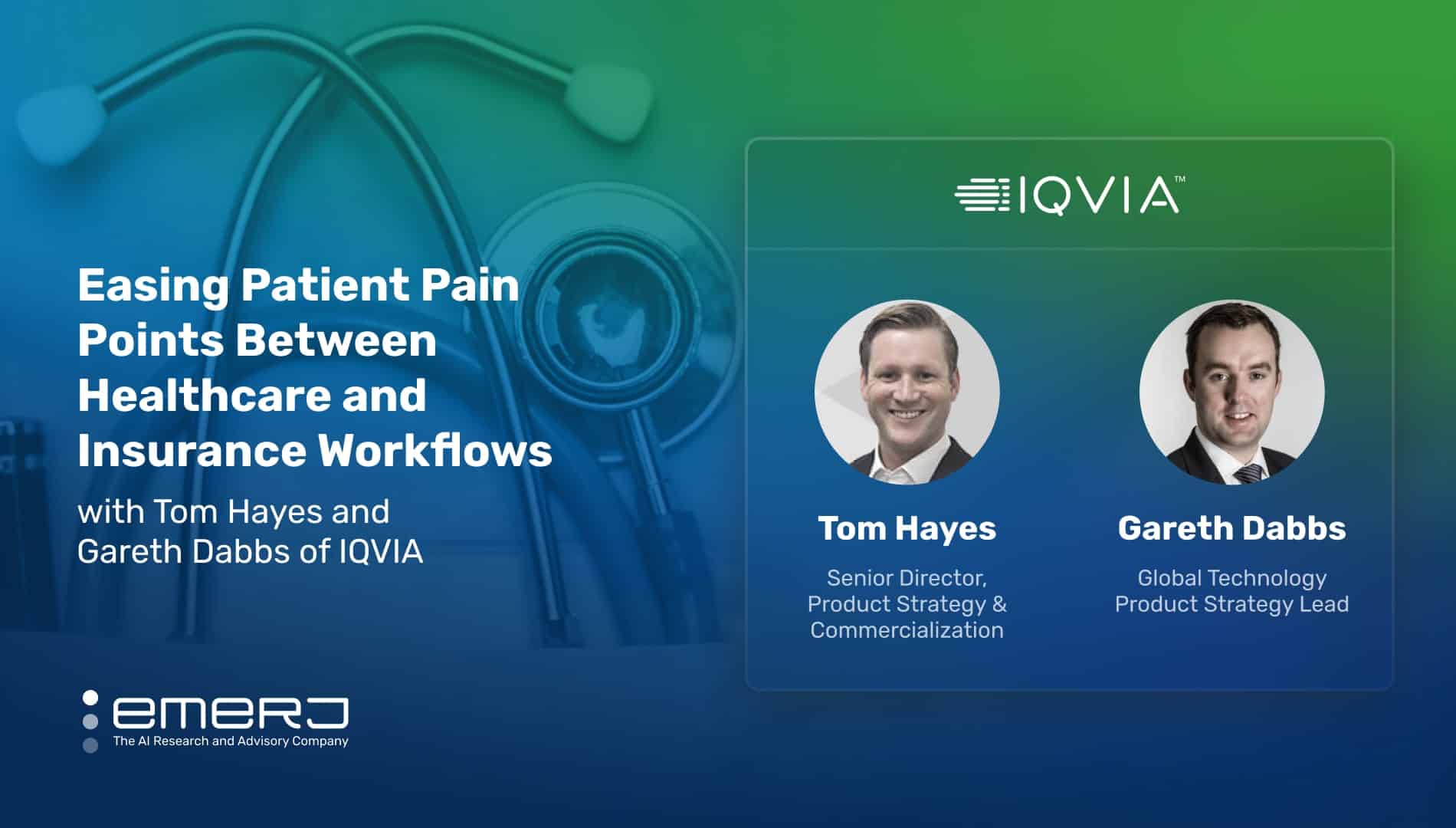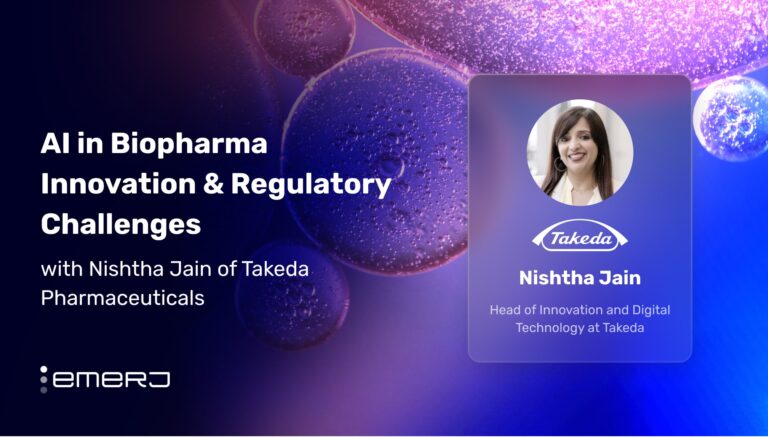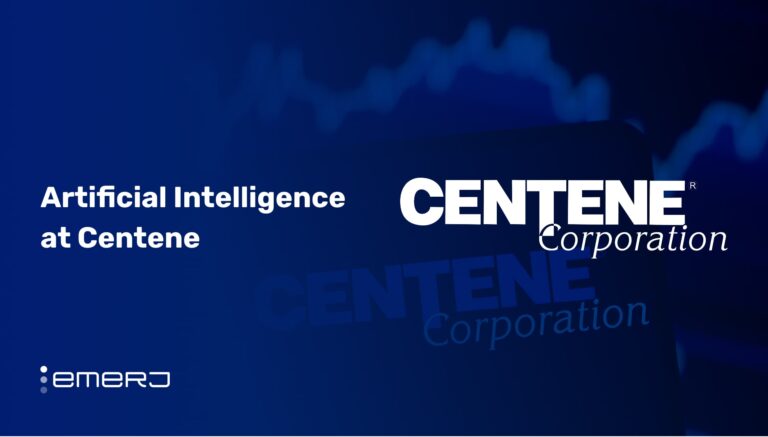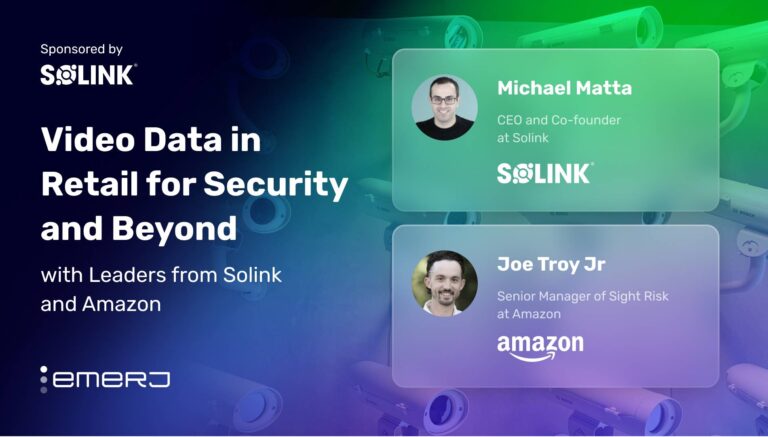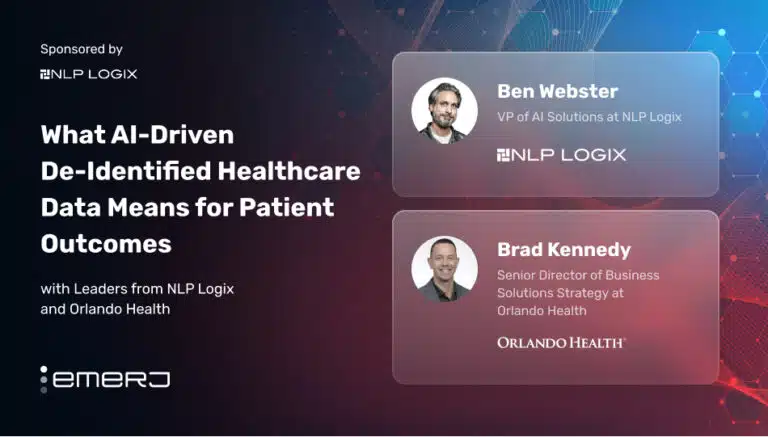The applications of AI in the healthcare and life sciences industries are vast, with data-powered algorithms and analytics promising to upend the status quo. Applications, including the use of AI to interpret medical imaging, optimize drug discovery and development, analyze large-scale data sets to identify patterns among patient populations, and streamline provider workflows, are already transforming the industry.
However, industry stakeholders also face a set of unique challenges, including how to provide value to healthcare stakeholders while complying with strict regulations on the privacy of patient data. The increasing demands on healthcare providers’ time and workload can also make learning how to use a new technology a hard sell, as detailed in this study published in the quarterly healthcare journal, Health Policy and Technology.
As hospitals, pharmaceutical companies, insurers, and other industry players consider how best to implement their digital transformations, providers of healthcare AI solutions are racing to meet their needs with solutions that extract actionable insights from vast data sets. Industry players are exploring how these solutions can support their ultimate goal – improving patient experience.
How can AI companies market their solutions to healthcare providers? How can they communicate how their solutions add value across a wide range of use cases?
Emerj Senior Editor Matthew DeMello recently met with Tom Hayes, Senior Director of Product Strategy & Commercialization, and Gareth Dabbs, Global Technology Product Strategy Lead at IQVIA, for an in-depth discussion of how technology companies can ease pain points for both patients and healthcare providers.
In a 25-minute interview, they explore how IQVIA is making the case for its solution to healthcare and industry professionals by creating a seamless experience that provides trustworthy insights based on high-quality data.
This article will focus on two critical takeaways from their conversation:
- Optimizing omnichannel marketing for compliance and patient experience: Processing large volumes of data that add value and context for enhanced patient experience while securing private data from security breaches.
- Building trust and value in caretaker support systems through personalized insights: Providing actionable insights for healthcare stakeholders in use cases, including analyzing patient sentiment following clinical trials and identifying rare diseases across populations.
Listen to the full episode below:
Guest: Tom Hayes, Senior Director, Product Strategy & Commercialization at IQVIA
Expertise: Technology commercialization, organizational and strategic leadership, growth strategy
Brief Recognition: Before assuming his current role in growing IQVIA’s product offerings in 2022, Tom held several positions during his seven-year tenure at IQVIA, including Director of Global Offering Management, Director of Strategic Operations, and Global Delivery Principal. Before joining IQVIA, he held roles at Polaris and Lockheed Martin. He was educated at Duke University’s Fuqua School of Business, Drexel University, and Lafayette College.
Guest: Gareth Dabbs, Global Technology Product Strategy Lead at IQVIA
Expertise: Communication, change management, IT consulting, pharmaceutical industry
Brief Recognition: Gareth developed his expertise through several roles during his 11 years at IQVIA, including as Vice President of Sales, Senior Principal, Principal, and Engagement Manager, before assuming his current position in March 2023, driving product strategy across the value chain. He previously held roles at Accenture and GlaxoSmithKline. He was educated at Cardiff University.
Optimizing Omnichannel Marketing for Compliance and Patient Experience
The podcast episode begins with a discussion of the parallels of omnichannel marketing in both the financial services and healthcare industries, with Dabbs noting that both industries share similar challenges, including stringent regulation and a focus on customer/patient experience.
Organizations working in both industries must quantify these challenges and then mitigate them through policies and procedures. To preserve patient privacy, only approved content can be shown in specific contexts to certain people. IQVIA is tackling this problem by adjusting its processes and breaking data down into components so that it can be appropriately siloed to maintain patient privacy.
According to Dabbs, the use of generative AI (GenAI) in omnichannel marketing begins with an understanding of “the ultimate customer – the patient.” How can the data support the patient’s journey to diagnosis and treatment? A complex condition like obesity, for example, requires managing treatment on multiple levels, including diet and medication.
Hayes takes up Dabbs’s point with a discussion of the dynamic environment of the healthcare industry. Healthcare professionals are burned out and faced with ever-increasing demands on their time, particularly since the onset of the pandemic, as many experienced professionals retire.
HCPs are also overwhelmed by a deluge of information and have varying preferences for how they want to engage with life sciences companies.
Adding to the problem, Hayes says, the number of regulations is constantly expanding, with new rules regularly adopted at the regional and national levels, and new transformative technologies are continually emerging.
It’s in these workflows that the new capabilities of GenAI come into play, Dabbs says – with the caveat that in the healthcare industry, the technology must be rigorously tested with proven analytical capabilities.
GenAI is very good at summarizing content and providing quick visual insights, and many organizations have already begun to implement it. For example, GenAI may streamline the interaction between an HCP and a pharmaceutical organization, with an HCP able to quickly access detailed data about a particular medication by talking to a chatbot.
Building Trust and Value in Caretaker Support Systems Through Personalized Insights
A critical application of AI is linking patients with primary care providers and specialists who can provide them with the right insights. As Hayes notes, “We’re in the age of personalization in health care.”
The pair tell Emerj that IQVIA is rising to the challenge by leveraging generative AI, both internally in its omnichannel marketing and externally in its customer-facing products and capabilities, according to Hayes.
“When we think of Gen AI, we think of it as an evolution of our story,” Hayes says, noting that. IQVIA has been applying advanced analytics and machine learning AI capabilities across its clinical and commercial offerings, including data, services, and consulting technologies. “Gen AI can take that to the next level – it can make things more accurate, more precise, and increase the speed,” Hayes adds.
GenAI is also critical for increasing the trust and reliability of the data to ensure that it’s actionable and valuable, Hayes says. Historically, it would take a long time to achieve high confidence levels for specific datasets – a process that GenAI can significantly accelerate.
Hayes and Dabbs conclude the discussion with two use cases:
- Pharmaceutical trials: Pharmaceutical organizations, as well as governments and regulators, are utilizing AI to provide data on the continuity between patient experience during a clinical trial and patient experience during the real-world use of the drug, Dabbs says. The potential of AI to help identify potential patients for new clinical trials is also a high priority for many organizations, Dabbs adds.
- Disease diagnosis: The use of AI to identify rare diseases across a patient population, Hayes says, providing the example of a patient who has seen multiple specialists in their search for a diagnosis. AI can aggregate and leverage the data from these doctor’s visits, as well as prescription data and public health datasets, to diagnose rare diseases like pulmonary hypertension, according to Hayes.


